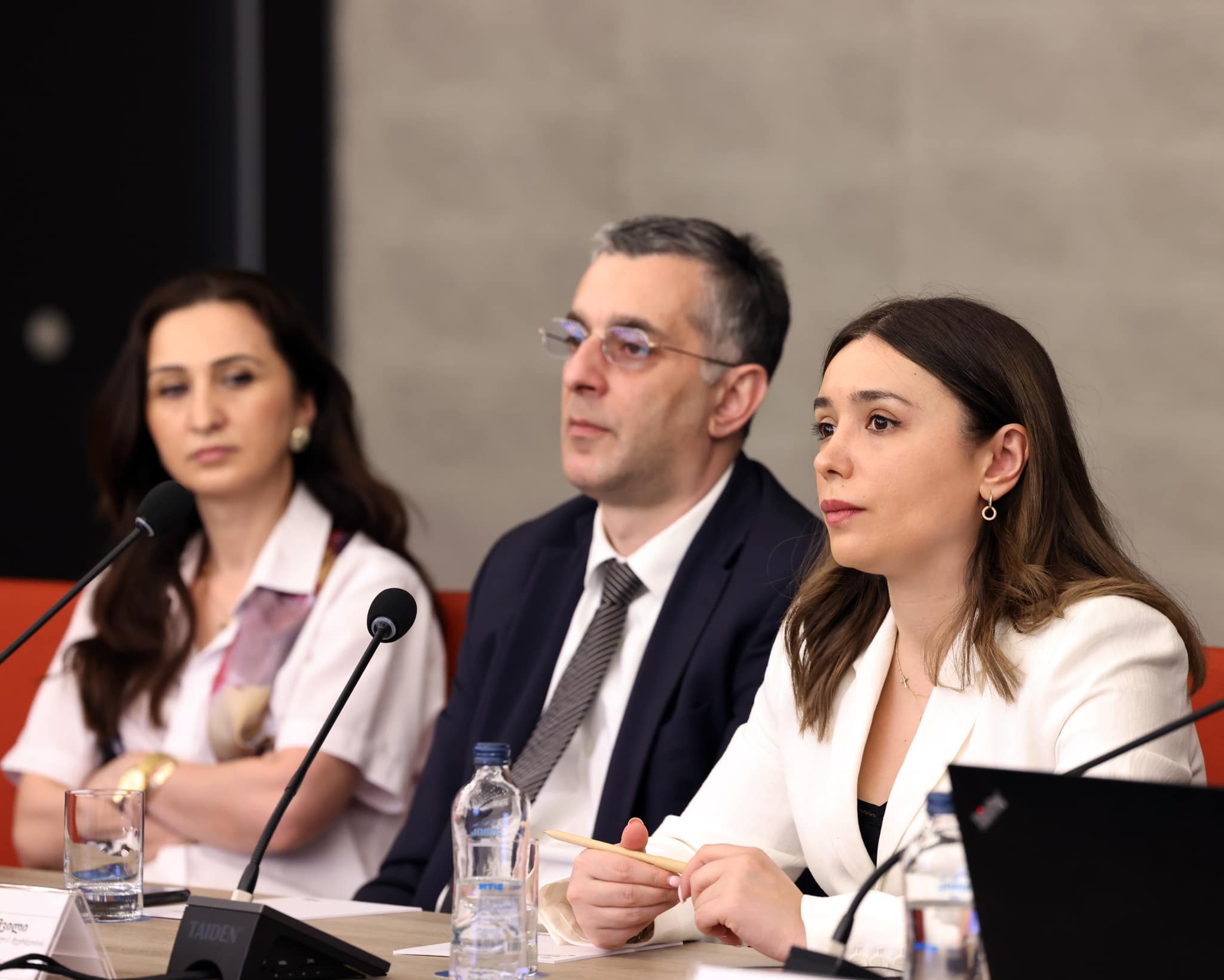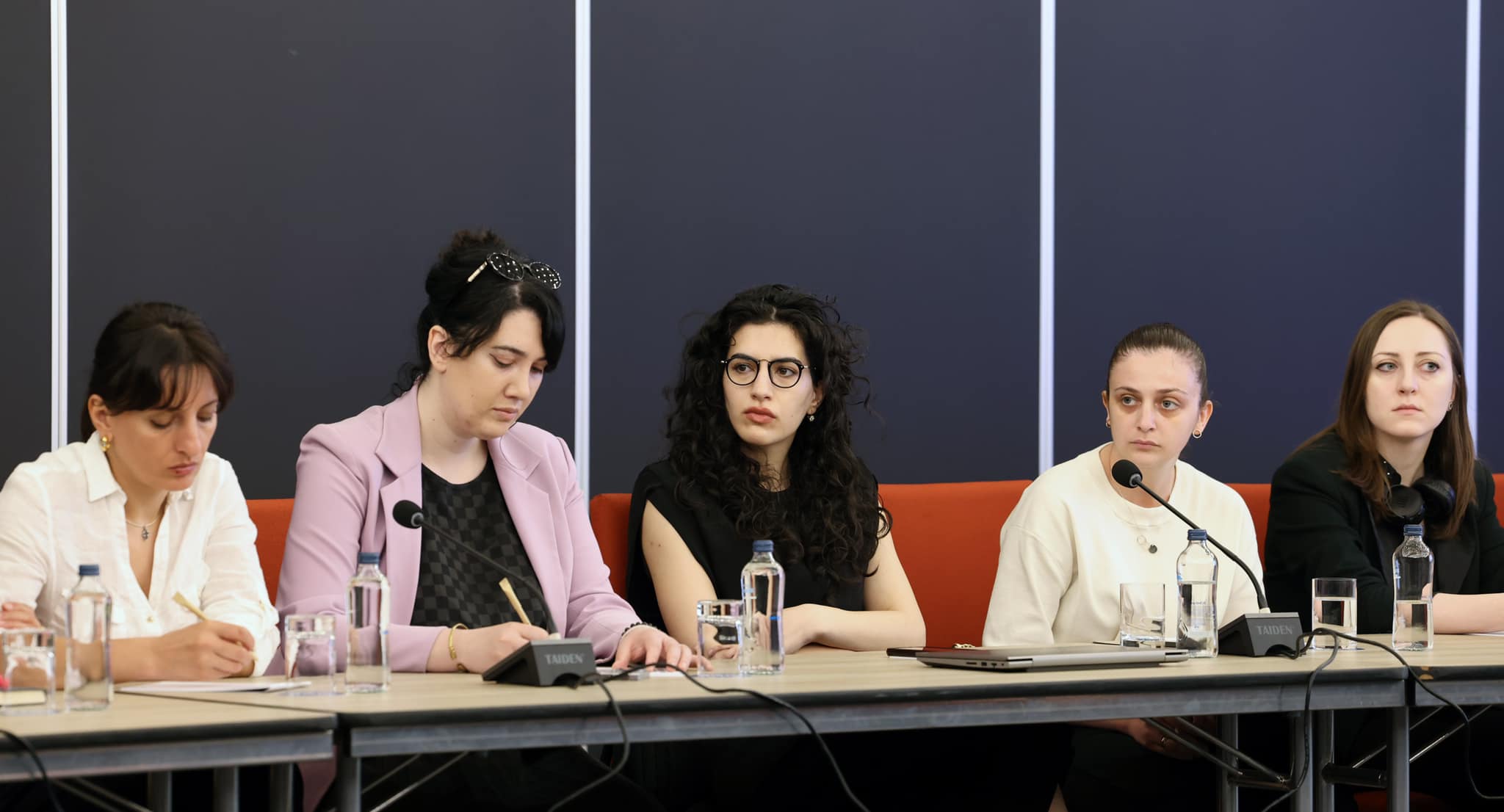News
The First Deputy Minister of Environmental Protection and Agriculture, Nino Tandilashvili, briefed the business sector representatives on the draft amendments to the Law of Georgia "On Environmental Protection".
According to Mrs. Nino Tandilashvili, amendments were planned in the mentioned law to facilitate Georgia's integration process into the European Union. Specifically, the amendments imply taking necessary measures to reduce greenhouse gas emissions and fulfill commitments under the Energy Community Treaty.
" We have several international obligations as a candidate for the EU and a member of the Energy Community Treaty. Currently, we are reviewing a package of legislative amendments regarding the Monitoring, Reporting, and Verification(MRV) system for greenhouse gas emissions. The mentioned amendments would have a direct impact on the EU's carbon border adjustment mechanism (CBAM) and the EU Emissions Trading System (ETS). These mechanisms should be implemented within a reasonable time frame to ensure that the export of Georgian products to the European Union market is not disrupted. By joint efforts, we will be able to cooperate effectively and achieve the desired result", said Mrs. Nino Tandilashvili.
Notably, the European Union considers the Carbon Border Adjustment Mechanism (CBAM) and the European Union Emissions Trading System (ETS), as a strategic mechanism for combating climate change.
Ultimately, the adoption of the Measurement, Reporting, and Verification (MRV) systems by countries is a prerequisite for putting the mentioned mechanisms into action. These systems provide data on actual emissions released by businesses, which is essential for determining the maximum permissible level of carbon dioxide emission CO2.
From January 1, 2026, enterprises in Georgia that export certain products to EU countries, as set forth by EU legislation, will be required to purchase CBAM certificates.
As mentioned, the CBAM mechanism imposes a tax on carbon-intensive products, such as cement, iron, steel, aluminum, fertilizers, electricity, and hydrogen, which enter the EU.
Representatives of the accreditation center, business association, and other stakeholders attended the meeting.



